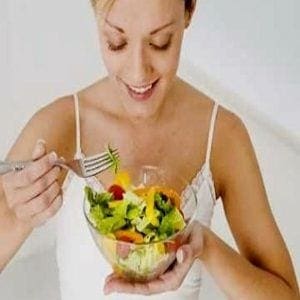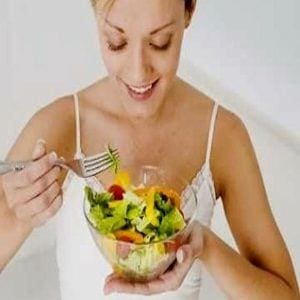
Were it possible to do a detailed analysis of what topics of conversation are the most popular it would be interesting to compare the results in different countries. You can be sure that politics, religion, sport and making money would appear in every list and I imagine, outranking them all at the top, would be sex. From Dee Tee bar to the furthest reaches of Antarctica I do not imagine that human chatter, like human character, is very different the world over.
And while in poor countries a favourite topic inevitably is how to get more to eat, in rich countries nutritional conversation centres rather on how on earth to consume less: the dream of a fat belly for one person becomes the nightmare of the other. It is therefore certain that high on the list of conversational topics is food – among the poor, how to eat more; among the rich, how to eat less. Life is full of terrible, and in this case disgusting, ironies. Have we not fairly often been shaken with revulsion to see succeeding one another in some magazine or newspaper or TV programme the picture of a gaunt, starving child hugged to its mother’s milk-less breast followed by a picture of slick, well fed delegates pontificating at yet another conference called to discuss famine in some part of the world or other.
There is endless talk among the chubby about dieting and getting slim. Cyril Connolly, the English writer and critic and himself plump as a pudding, said that in every fat man there is a thin man struggling to get out. And, if you look around you as you walk around Tiger Circle any day, you will see no lack of potential participants in that struggle – though, admittedly, not half so many as on the streets of New York or Mumbai where you can gaze upon more physical grossness than one could believe possible in lands where it is the fad and fashion to be slim.
At any rate, I have important news for those who are contemplating their sagging stomachs and are considering taking drastic action. The advice is on no account should you go on a diet. It is all set out in a book entitled “Dieting Makes You Fat” by Geoffrey Cannon and Hetty Einzig. Let me briefly explain the main points the book makes.
What happens when a person goes on a strict diet is that the body, alert as always to protect itself, balances the reduced food intake by reducing oxygen intake since oxygen is the fuel for the internal fire that burns up the food we eat. So a person on a diet is in fact training his body to make do with less oxygen. A body so trained becomes less and less capable of burning up the food that is eaten and therefore the danger of putting on weight as time goes by becomes greater. The stricter the diet the worse the situation becomes. It is quite clear that all books on dieting should immediately and without exception be torn up and thrown away.
The way to take off weight is to consume somewhat less than you are consuming now and, importantly, take steady, regular exercise. It is the steadiness and regularity that counts, not intensity. Regular, brisk walking, much more than a couple of hectic games of squash weekly, for instance, slowly wears away the pounds of flab. The reason is clear. There are two types of muscle fibre: red muscle fibre used for work requiring endurance; and white muscle fibre used for work requiring immediate reaction. Red muscle uses fat as fuel rather than the glycogen used by white muscle. Consequently it is steady, “endurance”, exercise which uses red muscle that takes off weight and reduces the fat. If the red muscles are not used they degenerate into white muscles and then the body gradually becomes less and less capable of burning off fat.
Thus fat people who remain sedentary, no matter how much desperate dieting they do, will steadily become less and less able to lose weight. The moral surely is that to get off the pounds you have to get off your bottom. Stand up and get out. Move about more. Go dig and plant in your garden, go jogging in the National Park or on the seawall – even, by all means, have more (but safe) sex, but get active, get moving, get lively and energetic and forget every diet you ever heard about.
It is excellent that it has been decided that “educational services and materials (including books)” are to be zero-rated for VAT. This will assist in the great cause of allowing young people to study less expensively and read more. It is to be hoped that books in this context are interpreted to include not just school texts since books in the wider sense are certainly educational material.

Be the first to comment